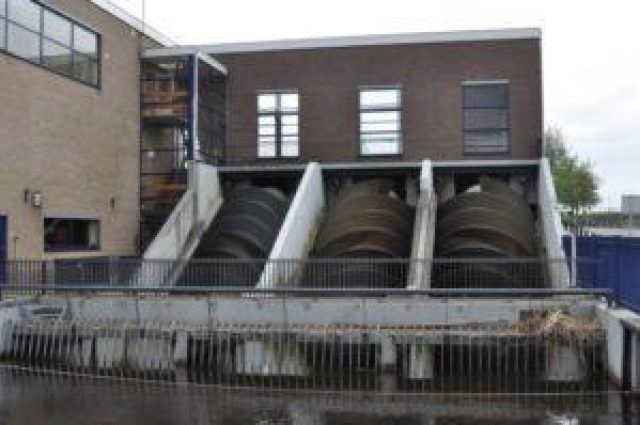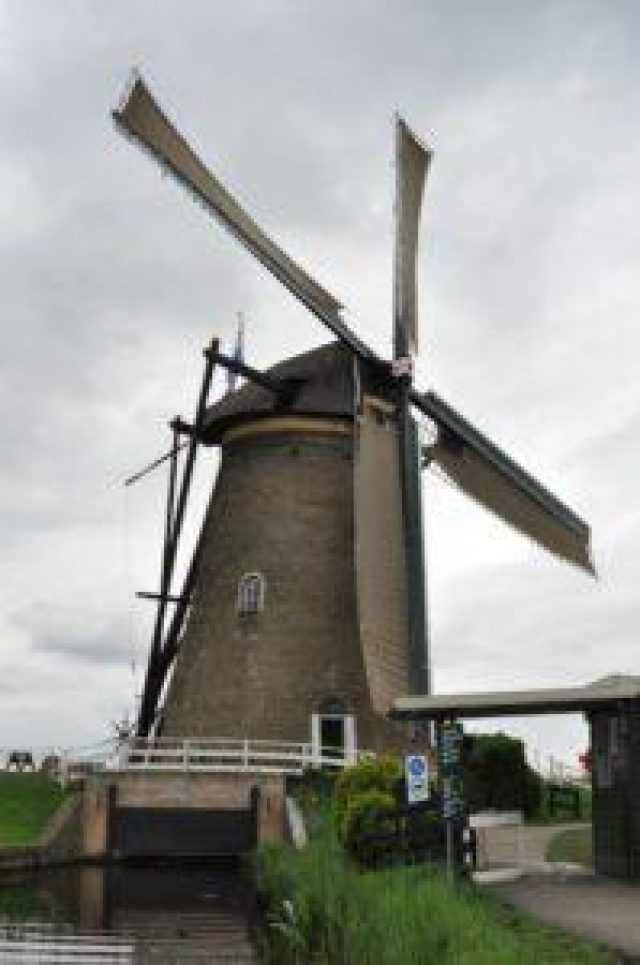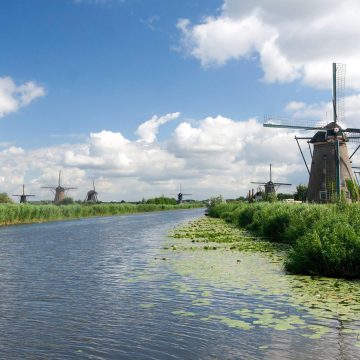Smart drainage of Dutch lowland
About 60 % of the Netherlands is located behind dikes below sea level. Such lowland areas are called polders. The water management history of Dutch polders dates back to the 11th century. Polders do not have a natural drainage; excess water is typically pumped into a higher elevated network of larger primary canals. The elevation of the primary canals is higher than the surrounding land surface, but still below mean sea level. This means that water must be pumped at all times and can be released in gravity flow during low tide only. During times of heavy rainfall these time windows are often not long enough, so pumping stations have been installed to provide additional discharge capacity.
Cost-efficient pump operations

The primary control task of polder water management is to maintain the inland water levels within a bandwidth around certain target values – during periods of heavy rainfall as well as during water scarcity. Water authorities (Dutch: Waterschap) are responsible for the polder water management. Usually, costs for pumping are the second largest share of expenses – after costs for sewage water treatment. Consequently, operators aim to release water to the sea via gravity flow whenever possible.
Connect water management and energy sector
There are other ideas to get more energy cost savings out of water management: Why not operate pumps when energy costs are low, or when there is a surplus of green energy from solar or wind energy production? Taking the energy market into account for water management lets the water system act as a flexible storage for uncertain and variable green energy sources.
Expected energy savings are 20 % for all pump stations in the Netherlands. Such smart control operations, however, require a prediction of system behavior under the given weather conditions, tides and control of hydraulic structures (pumps, weirs and gates).
Joint industry project

Water authority Zuiderzeeland, the Foundation for Applied Water Research STOWA, Eindhoven University of Technology and Deltares have taken the initiative to form a consortium for a joint industry research project. The consortium consists of eight water authorities, four energy companies, Rijkswaterstaat Ministry of Infrastructure and the Environment as well as three other private organisations. Deltares and a post-doctoral researcher from Eindhoven University of Technology are developing additional features for RTC-Tools such that the available flexibility in the water system can be used at the energy market. By enabling possible energy savings, this project is a promising contribution to the goal of climate-neutral water management.

